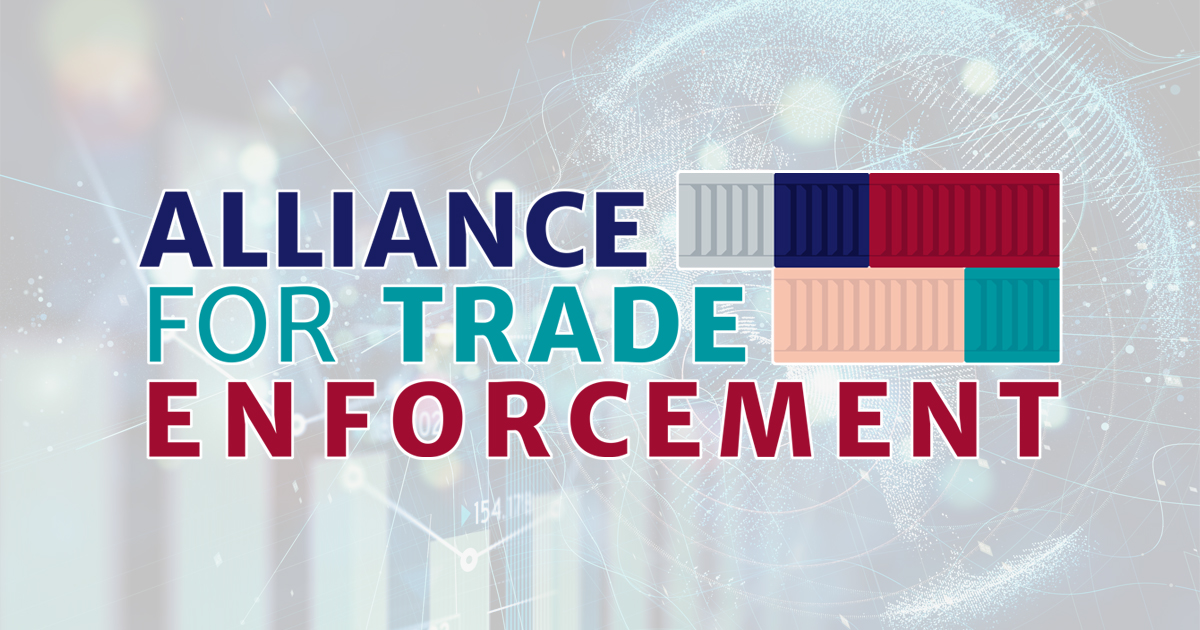|
Mexican President Andrés Manuel López Obrador (AMLO) introduced a constitutional reform bill that would put Mexico’s energy sector in direct violation of the United States-Mexico-Canada Agreement (USMCA). AMLO’s latest maneuver is the culmination of a years-long campaign to drive private energy investment out of Mexico — and it has dire consequences for U.S. energy providers. If passed, the bill would eradicate competition in Mexico’s power generation sector and grant Mexico’s state utility company complete monopoly power and regulatory authority over the industry.
Under its USMCA commitments, Mexico must guarantee open, competitive markets and equal treatment to all entities, regardless of their foreign or domestic status. Yet if the constitutional reform bill passes, it would revoke all electric generation permits, cancel all power purchase agreements, and end all self-supply contracts and Clean Energy Certificates previously granted to private companies. It would also grant Mexico’s state utility company the exclusive right to supply 54% of the power required nationwide, regardless of cost competitiveness, and would subsequently reduce private sector participation from 62% to 46%. If it passes, the bill will cost private investors worldwide approximately $45 billion.
The move would be disastrous for a developing country in need of competitive electricity prices to support manufacturing and benefit consumers. Currently, the most affordable electricity suppliers are granted dispatch priority, which incentivizes cost-efficiency. An independent regulatory commission known as the Comisión Reguladora de Energía (CRE) is responsible for overseeing and pricing energy sales, thereby further ensuring competition. If the energy reform passes, the CRE would be eliminated and private companies would be forced to sell their supply directly to Mexico’s state-owned utility company, giving it complete price-setting power.
The constitutional reform would also destroy Mexico’s budding wind and solar energy industry, while stunting U.S. advances toward a clean-energy future. Preliminary analysis by the U.S. Department of Energy concludes that the reform would increase Mexico’s greenhouse gas emissions and electricity generation costs by up to 65% and 54%, respectively. American companies who operate in Mexico — like Walmart or Ford — would also struggle to achieve their net-zero targets because of limited access to clean energy.
AMLO seems intent on seeing this constitutional reform through, despite its direct violations to USMCA and the toll it would impose on clean energy initiatives. The Biden administration should protect the fair market access guaranteed by USMCA and oppose Mexico’s nationalist energy policies.
|


